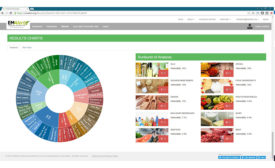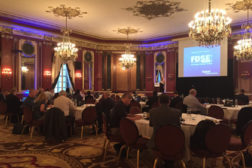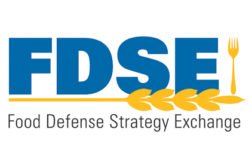Home » Keywords: » food defense
Items Tagged with 'food defense'
ARTICLES
GMA, Battelle launch tool to fight food fraud
EMAlert is a secure and intuitive web-based software tool that allows food manufacturers to analyze and understand their company-specific economically motivated adulteration vulnerabilities.
April 21, 2016
Food Defense Strategy Exchange 2015
The sixth annual event brings together regulatory agencies with food and beverage industry leaders to collaborate on food defense ideas.
May 27, 2015
Elevate your expertise in refrigerated and frozen foods with unparalleled insights and connections.
Get the latest industry updates tailored your way.
JOIN TODAY!Copyright ©2025. All Rights Reserved BNP Media.
Design, CMS, Hosting & Web Development :: ePublishing







